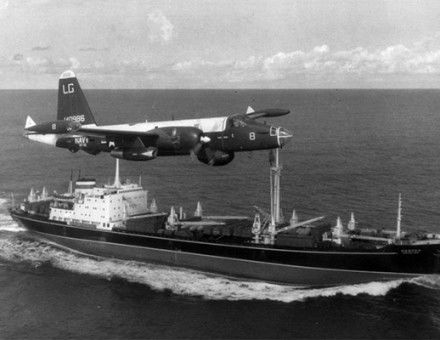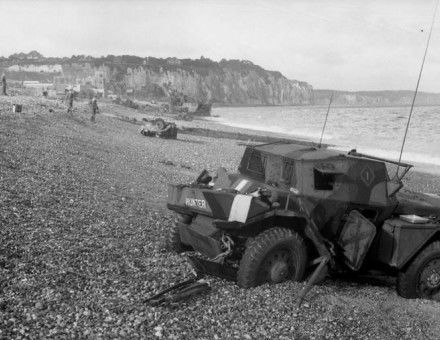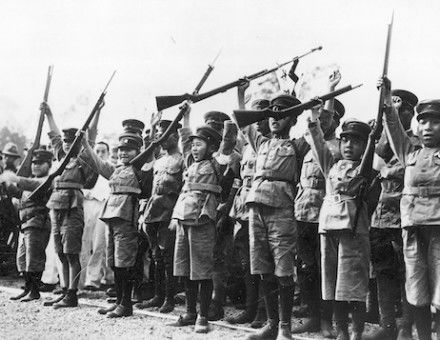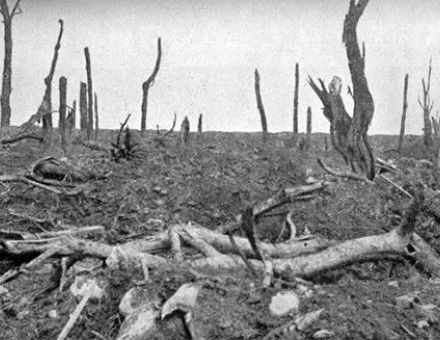Hitler and the Rhineland, 1936 - A Decisive Turning-Point
Hitler's march into the demilitarised Rhineland heralded Churchill's 'gathering storm' – but could the Fuhrer's bluff have been called and the Second World War prevented? Sir Nicholas Hederson, who as Britain's ambassador in Washington during the Falklands crisis saw diplomatic poker eventually turn to war, offers a reassessment of the events of 1936.






